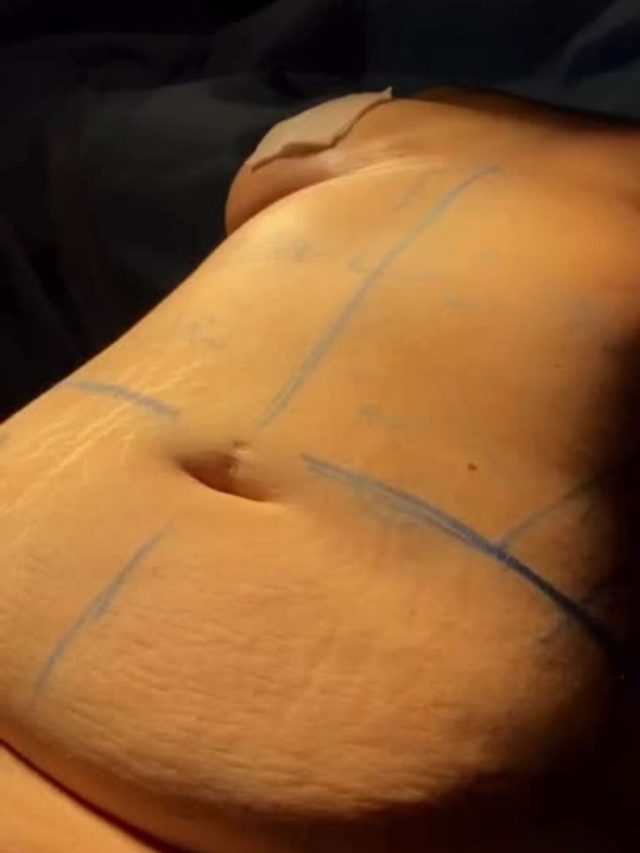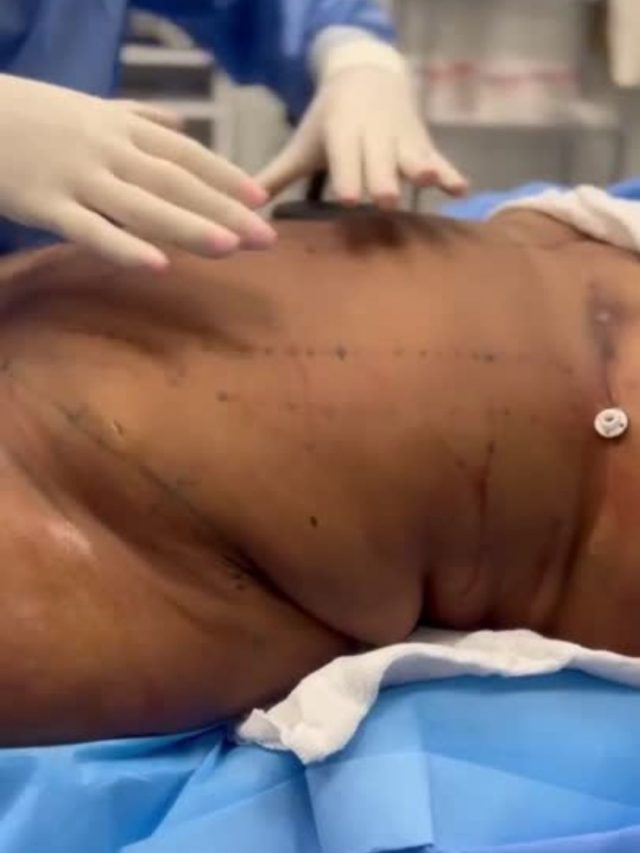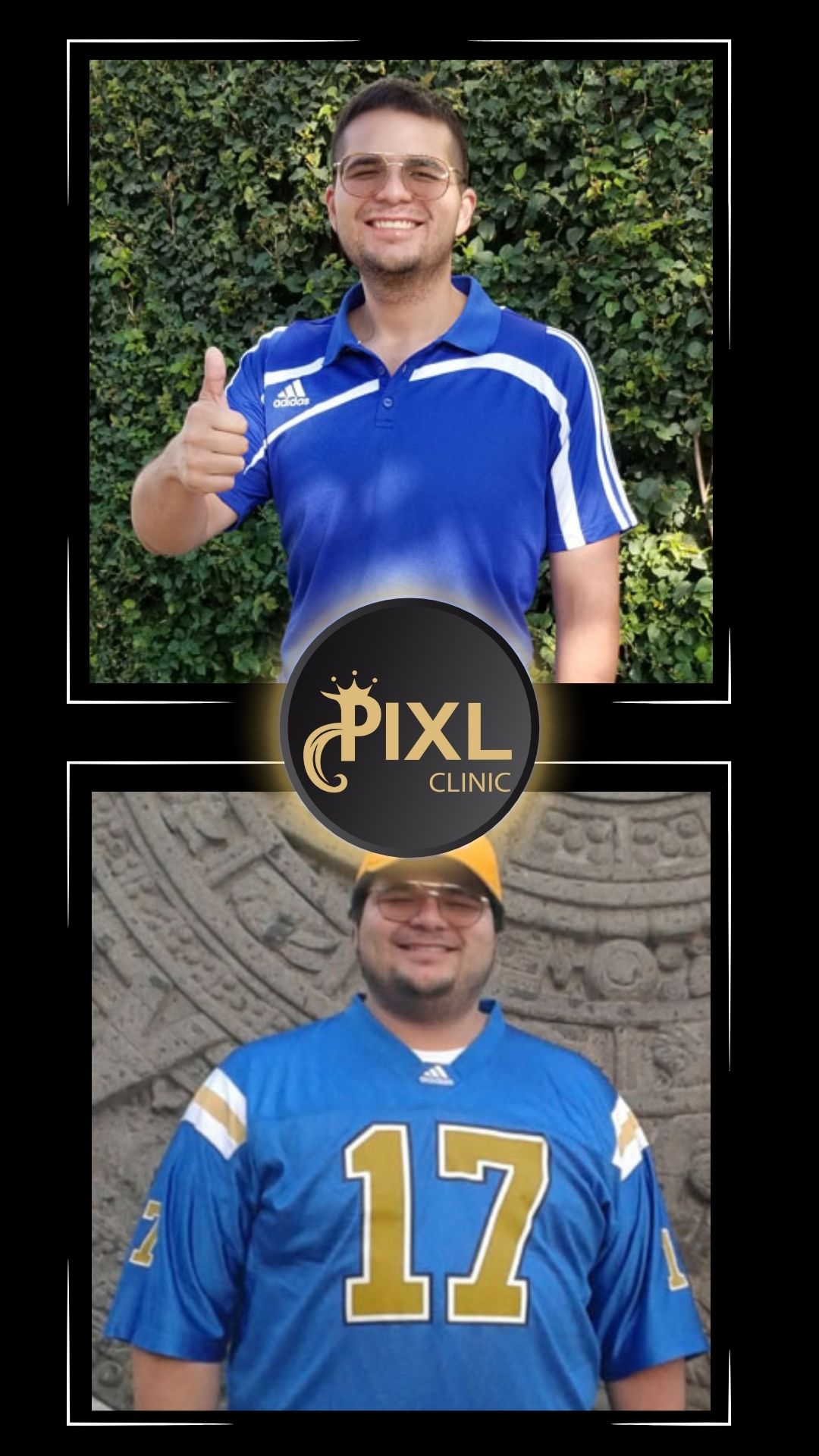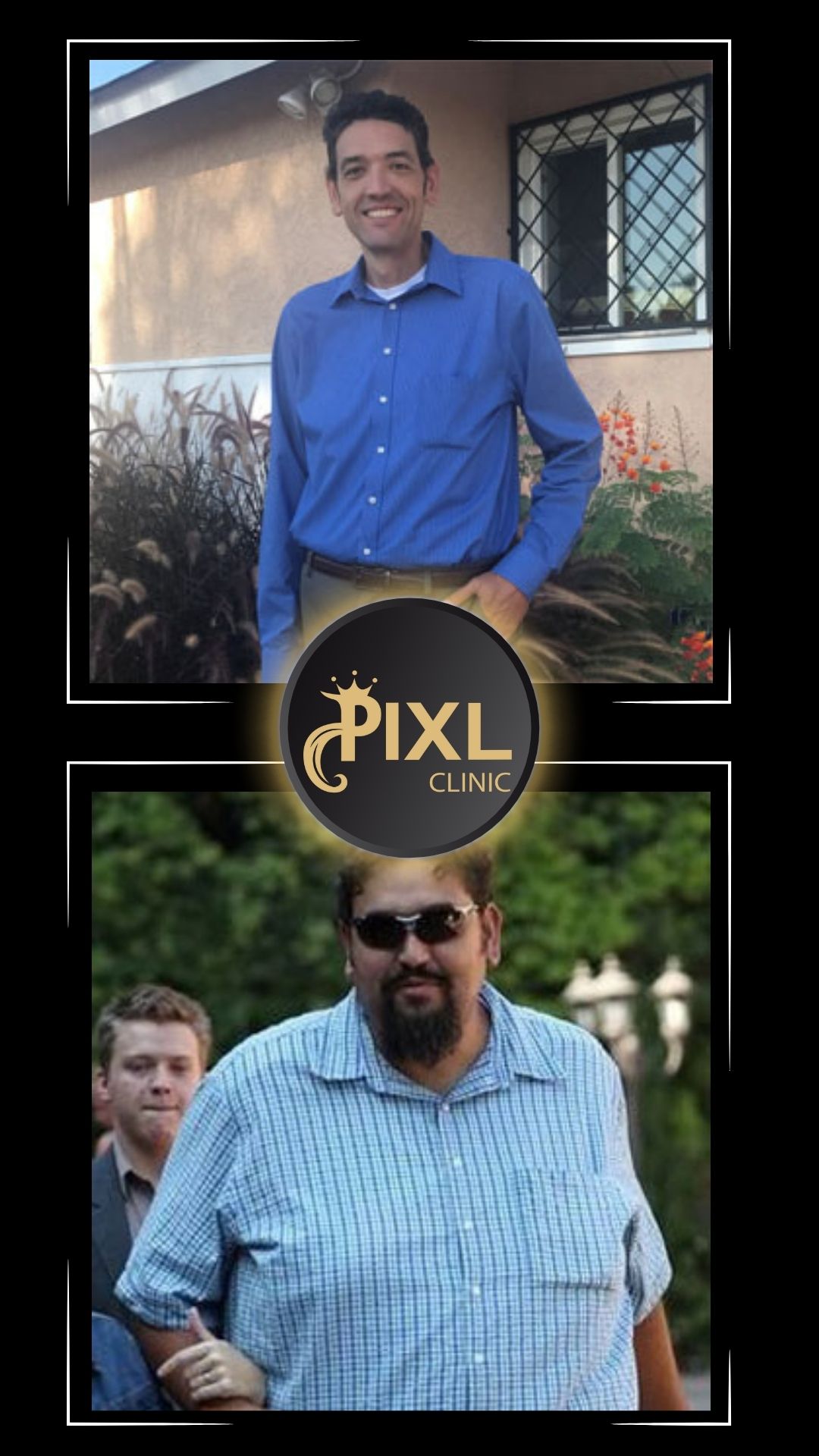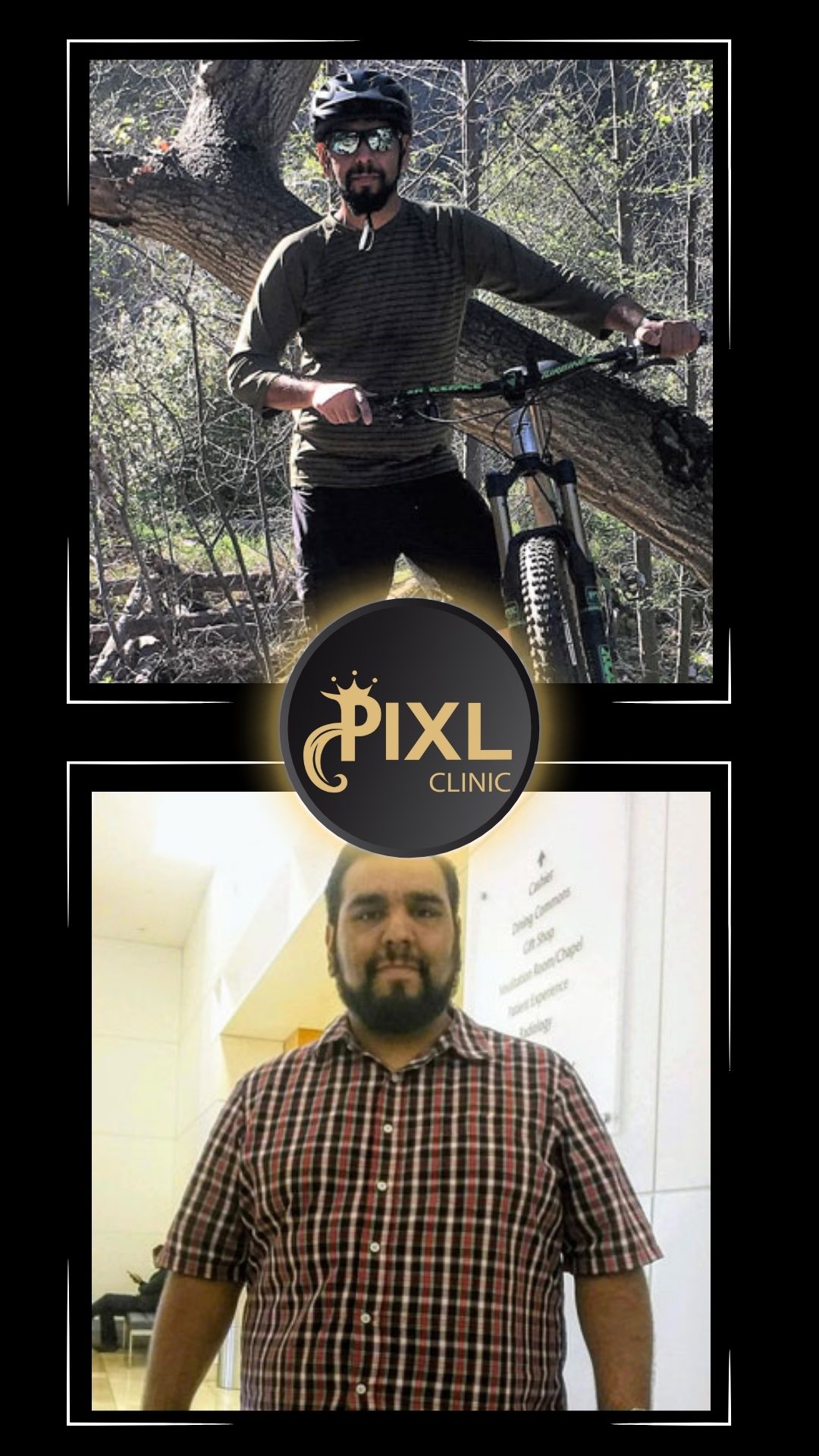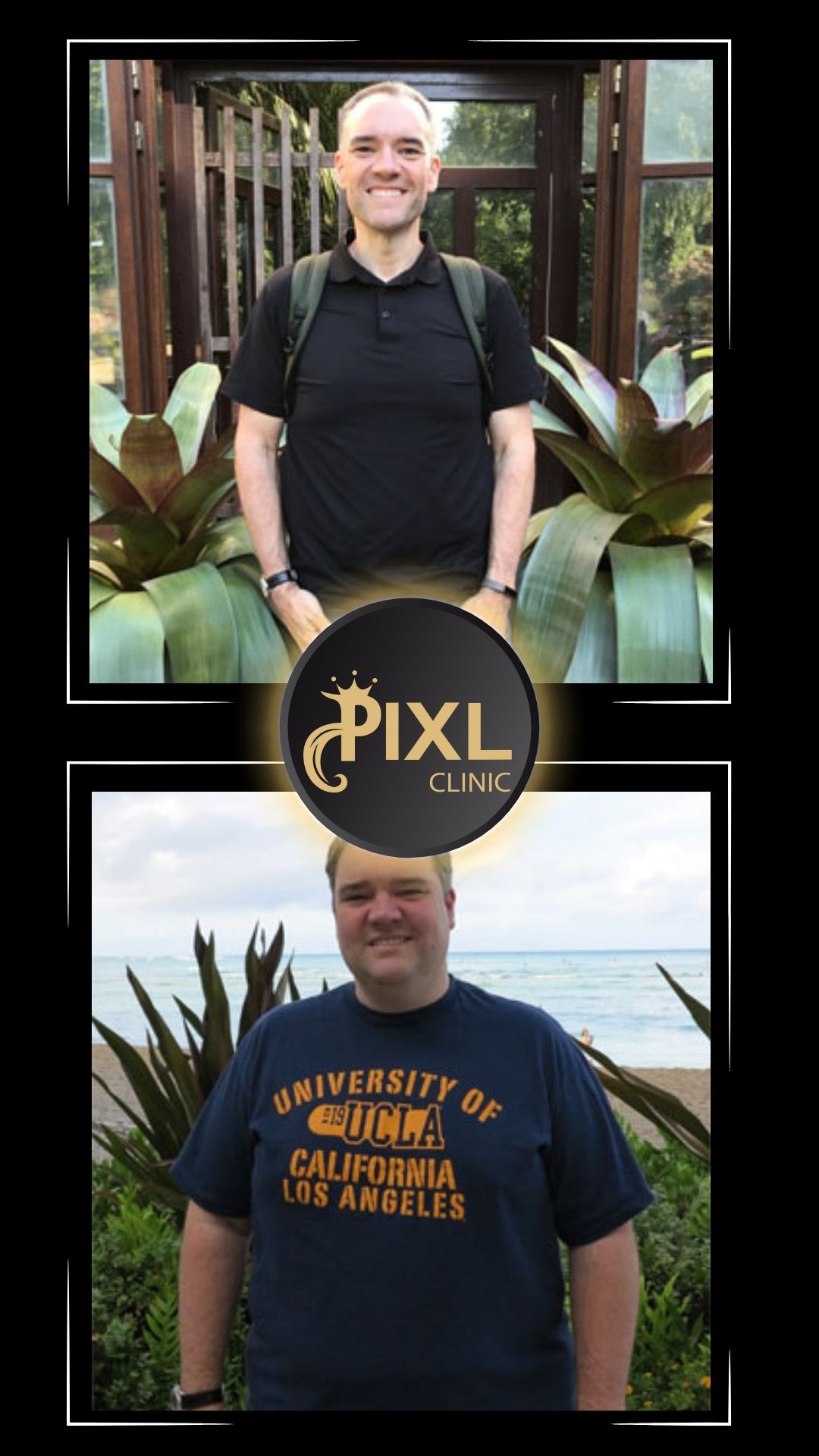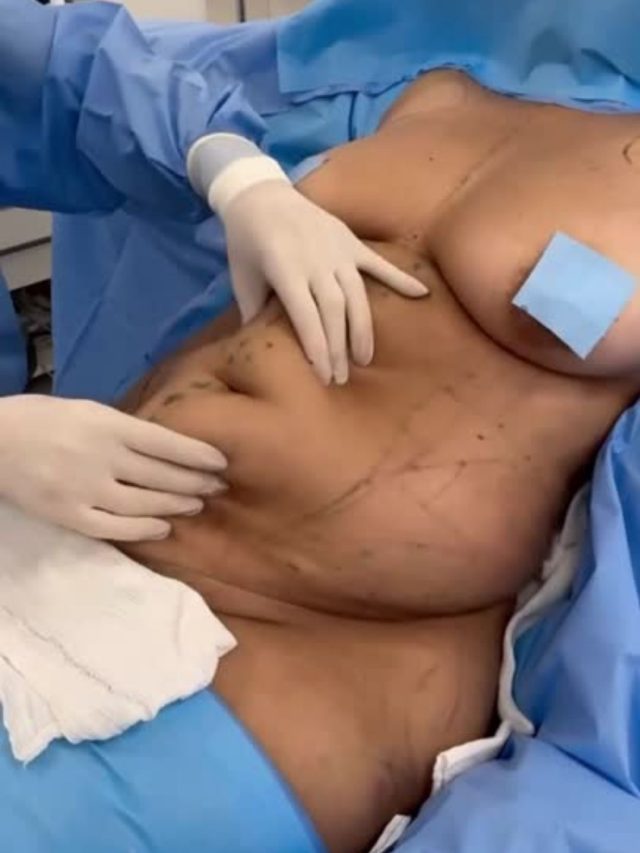Bariatric Surgery in Turkey
Bariatric surgery in Turkey offers a cost-effective and high-quality option for individuals seeking to address obesity and its related health issues.
Bariatric Surgery in Turkey: An In-Depth Guide
Bariatric surgery is a significant decision for individuals struggling with obesity and related health conditions. Turkey has become a prominent destination for bariatric procedures due to its advanced medical facilities, experienced surgeons, and cost-effective treatment options.

Bariatric Surgery Turkey: A Comprehensive Guide to Transformative Weight Loss
Bariatric surgery, also known as weight loss surgery, has become a pivotal option for individuals struggling with severe obesity and related health conditions. As medical technology advances and surgical techniques evolve, bariatric surgery offers a transformative solution for achieving significant, sustainable weight loss.
What is Bariatric Surgery?
Bariatric surgery refers to various surgical procedures designed to assist with weight loss by altering the digestive system. These procedures can help individuals achieve substantial and long-term weight loss, improve quality of life, and resolve obesity-related health issues such as type 2 diabetes, hypertension, and sleep apnea.
Common Types of Bariatric Surgery:
- Gastric Bypass (Roux-en-Y): This procedure creates a small stomach pouch and reroutes the small intestine to this pouch, bypassing a significant portion of the stomach and intestines. It reduces food intake and nutrient absorption.
- Sleeve Gastrectomy: Also known as gastric sleeve surgery, this involves removing a large portion of the stomach, leaving a narrow, tube-like stomach. It limits food intake and reduces hunger.
- Adjustable Gastric Banding (Lap-Band): A band is placed around the upper part of the stomach, creating a small pouch. This band can be adjusted to control food intake.
- Biliopancreatic Diversion with Duodenal Switch (BPD/DS): Combines sleeve gastrectomy with a bypass of a large portion of the small intestine. It reduces both food intake and nutrient absorption.
Why Consider Bariatric Surgery?
- Significant Weight Loss: Achieve substantial weight loss that can improve overall health and reduce obesity-related conditions.
- Improved Quality of Life: Enhanced mobility, increased energy levels, and improved self-esteem.
- Resolution of Health Issues: Many patients experience improvements or resolution of conditions such as type 2 diabetes, hypertension, and obstructive sleep apnea.
Bariatric Surgery Costs in Turkey: What You Need to Know
Bariatric surgery is a transformative option for those struggling with obesity and its related health issues. For many, the high cost of this procedure in Western countries makes it a challenging decision. Turkey has emerged as a popular destination for bariatric surgery due to its combination of high-quality medical care and significantly lower costs.
Understanding Bariatric Surgery Costs
Bariatric Surgery Types and Costs:
The cost of bariatric surgery can vary widely depending on the type of procedure, the clinic, and the specific services included in the package. Here’s a breakdown of typical costs for common bariatric surgeries in Turkey:
- Gastric Bypass (Roux-en-Y): $5,000 to $8,000
- Sleeve Gastrectomy: $4,000 to $7,000
- Adjustable Gastric Banding (Lap-Band): $4,500 to $7,500
- Biliopancreatic Diversion with Duodenal Switch (BPD/DS): $6,000 to $8,500
Bariatric Surgery Costs: Turkey vs. Other Destinations
When considering bariatric surgery, one of the key factors is cost. Turkey has become a popular destination for this type of surgery due to its competitive pricing, but how does it compare to other countries?
Bariatric Surgery Costs in the United States
Typical Costs:
- Gastric Bypass (Roux-en-Y): $15,000 to $30,000
- Sleeve Gastrectomy: $15,000 to $25,000
- Adjustable Gastric Banding (Lap-Band): $10,000 to $20,000
- Biliopancreatic Diversion with Duodenal Switch (BPD/DS): $20,000 to $35,000
Bariatric Surgery Costs in the United Kingdom
Typical Costs:
- Gastric Bypass (Roux-en-Y): £10,000 to £15,000 (approximately $12,000 to $18,000)
- Sleeve Gastrectomy: £8,000 to £12,000 (approximately $9,500 to $14,500)
- Adjustable Gastric Banding (Lap-Band): £7,000 to £11,000 (approximately $8,500 to $13,500)
- Biliopancreatic Diversion with Duodenal Switch (BPD/DS): £12,000 to £18,000 (approximately $14,500 to $22,000)
Choosing to undergo bariatric surgery is a significant decision, and understanding the costs involved is crucial. Turkey provides a cost-effective option with high-quality care, making it an attractive destination for many patients.
Frequently Asked Questions
What types of bariatric surgeries are offered in Turkey?
Common types include:
- Gastric Sleeve (Sleeve Gastrectomy)
- Gastric Bypass
- Adjustable Gastric Band (Lap Band)
- Duodenal Switch
- Mini-Gastric Bypass
Why is Turkey a popular destination for bariatric surgery?
- Affordable Costs: The cost of surgery in Turkey is significantly lower than in the U.S. or Europe.
- Highly Qualified Surgeons: Many Turkish surgeons are internationally trained and experienced.
- Modern Facilities: Hospitals in Turkey are often JCI-accredited and equipped with the latest medical technology.
- Comprehensive Packages: Many clinics offer packages that include accommodation, airport transfers, and post-surgery care.
What is the cost of bariatric surgery in Turkey?
The cost varies depending on the type of surgery and clinic, but on average:
- Gastric Sleeve: €2,500–€4,000
- Gastric Bypass: €3,000–€5,000
- Mini-Gastric Bypass: €3,000–€5,500
How long is the recovery time?
- Most patients stay in the hospital for 2–3 days post-surgery.
- Full recovery can take around 4–6 weeks.
- Patients are advised to take 1–2 weeks off from work depending on the type of surgery and their recovery progress.
What are the risks associated with bariatric surgery?
- As with any surgery, there are risks, including infection, bleeding, blood clots, and complications related to anesthesia.
- Specific risks to bariatric surgery include vitamin deficiencies, dumping syndrome, gallstones, and surgical leaks.
What qualifications should I look for in a surgeon?
- Board-certified in bariatric or general surgery.
- Experience in performing the specific type of bariatric surgery you are considering.
- Positive reviews and testimonials from previous patients.
- Membership in international bariatric surgery societies.
How much weight can I expect to lose?
- Gastric Sleeve: 60–70% of excess weight within 12–18 months.
- Gastric Bypass: 65–85% of excess weight within 12–18 months.
- Results depend on adherence to post-surgery diet and lifestyle changes.
Do I need to follow a special diet before surgery?
- Yes, most surgeons require a pre-operative diet to shrink the liver, reducing the risk of complications.
- The diet is typically low-calorie, high-protein, and may last 1–2 weeks.
Is follow-up care included?
- Pixl clinic in Turkey provide remote follow-up care for international patients.
- This may include dietitian consultations and virtual check-ups with the surgeon.
Do I need to bring someone with me?
- It is highly recommended to bring a companion for support, as you may need assistance during your initial recovery period after the surgery.
How do I prepare for bariatric surgery in Turkey?
- Ensure you have a detailed consultation with your chosen clinic, including medical history evaluation.
- Obtain travel insurance that covers medical procedures.
- Follow any pre-op instructions, such as dietary changes or stopping certain medications.
Will I need to stay in Turkey after surgery?
- Patients typically stay in Turkey for about 7–10 days post-surgery to ensure proper recovery and initial follow-up.
- Clinics may include hotel accommodations as part of the surgery package.
Is it safe to have bariatric surgery in Turkey?
- Yes, many facilities are internationally accredited, and Turkey has a strong reputation for medical tourism.
- However, it’s crucial to research clinics and surgeons thoroughly to ensure you are receiving care from qualified professionals.

